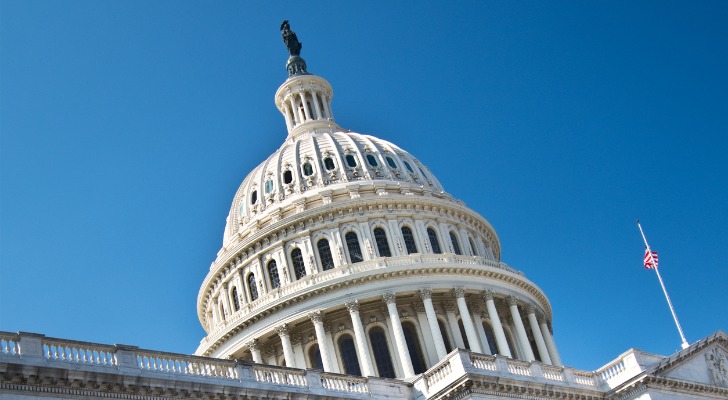The clock is ticking for Congress to fix a drafting error in last year’s SECURE 2.0 Act that could effectively ban catch-up contributions in 2024.
Known as Section 603, this part of the bill adjusted how catch-up contributions work for employer-sponsored retirement accounts. As intended, the new law would require anyone earning more than $145,000 to make their catch-up contributions to employer-sponsored retirement accounts on a Roth basis instead of to a pre-tax account, like a 401(k) or traditional IRA. That, at least, was the idea.
A financial advisor can help you plan for retirement. Find a fiduciary financial advisor today.
How Did This Happen?
In the process of writing the legislation, a subsection was unintentionally deleted from the tax code. The idea was to prevent contradictory language across statutes. The impact, however, was it bans catch-up contributions for all taxpayers.
The income cap is scheduled to take effect as of 2024, so that’s when the drafting error will have force of law as well. As a result, catch-up contributions will be illegal starting in January. Catch-up contributions allow people ages 50 and older to excede the contribution limit for retirement accounts. In 2023, catch-up contributions allow you to save an extra $7,500 in a 401(k) or similar account and an extra $1,000 in an IRA.
Congress still hasn’t fixed the error, as of July 12th. They must do so before the end of the calendar year or the new rules will apply to 2024’s taxes.
Drafting errors occur regularly in significant legislation. The U.S. tax code is a vast, interconnected document, so it’s difficult – if not impossible – to write laws that have no unintended consequences. And there is no dispute that the ban on catch-up contributions is, indeed, a mistake.
Where Things Go From Here
In a letter to the Treasury and the IRS, leaders in both the House and Senate stated that “Congress did not intend to disallow catch-up contributions nor to modify how the catch-up contribution rules apply to employees who participate in plans of unrelated employers” and that they “intend to introduce technical corrections legislation to correct erroneous statutory language…”
But there currently is no pending legislation in either the House or Senate that would correct the Section 603 drafting error. Congress will take its annual summer break from July 31 until Sept. 5, after which it will only meet in full session for 10 more weeks in 2023. If it does not update either SECURE 2.0 or the tax code by the end of the year, it’s possible that the IRS will have to ban catch-up contributions for all workers starting Jan. 1, 2024.
While Congressional leaders say they plan to fix the error, the Supreme Court has been historically clear that Congress states its intent when it chooses not to act. If lawmakers recognize the statute as written and leave that language in place, then courts and agencies are generally to presume they meant to do so. Collectively, this means that starting in 2024 the IRS may have little choice but to follow the law as written.
Bottom Line

The SECURE 2.0 Act, which became law last year, included an error in the legislation that will ban all catch-up contributions starting in 2024. Lawmakers have said they plan to fix the error, but it still has not yet been corrected. As a result, Congress has until the end of the year to do so or the ban may take effect.
Retirement Planning Tips
- A financial advisor can help you build a comprehensive retirement plan. Finding a financial advisor doesn’t have to be hard. SmartAsset’s free tool matches you with up to three vetted financial advisors who serve your area, and you can have a free introductory call with your advisor matches to decide which one you feel is right for you. If you’re ready to find an advisor who can help you achieve your financial goals, get started now.
- SECURE 2.0 made some significant changes to the way required minimum distributions (RMDs) are handled, pushing back the age at which these mandatory withdrawals take place. Be sure to read up on the changes and how they may impact your retirement plan.
Photo credit: ©iStock.com/Ivanko_Brnjakovic, ©iStock.com/Douglas Rissing, ©iStock.com/AegeanBlue
